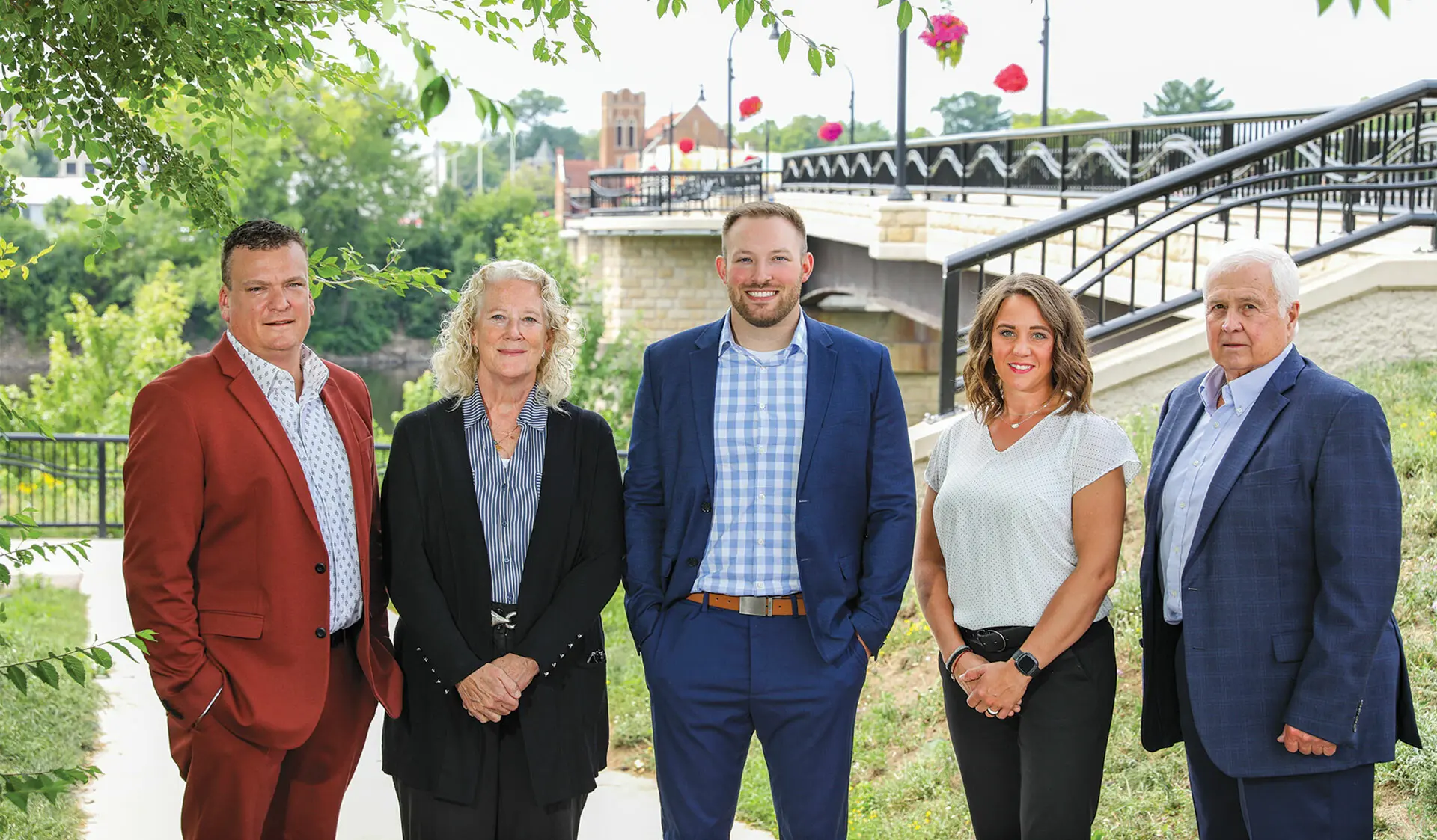When we think about local law firms, the first thing that comes to mind is often legal representation. However, the impact these firms have on their communities extends far beyond just providing legal services. Understanding the various ways **local law firms** contribute to their communities can illuminate their role as vital community partners.
1. Supporting Local Economies
Local law firms are essential to the health of **local economies**. By hiring employees from the community, these firms help foster economic growth. They often engage with local businesses for services like office supplies, catering, and marketing, thereby circulating money within the community. Furthermore, many firms offer pro bono legal services to local entrepreneurs, helping them navigate the complexities of starting and running a business.
2. Community Education and Awareness
Many local law firms invest in community education programs, aiming to raise awareness about legal rights and responsibilities. They host workshops and seminars on topics such as **family law**, **criminal law**, and **business law**. These initiatives empower community members by providing them with valuable information that can help them make informed decisions. For instance, a firm might conduct a workshop on **tenant rights**, helping renters understand their protections under the law.
3. Advocacy for Local Issues
Local law firms often take on cases that reflect the concerns of their communities, engaging in advocacy work that aligns with the values and needs of local residents. Whether it involves fighting for environmental protections, addressing housing discrimination, or advocating for civil rights, these firms actively participate in the dialogue around pressing community issues. This advocacy not only provides essential legal support but also helps raise awareness and drive change.
4. Building Community Connections
Local law firms frequently collaborate with other organizations, including non-profits, schools, and local government, to address community challenges. By forming partnerships, these firms can leverage their resources and expertise to tackle issues such as domestic violence, juvenile justice, and substance abuse. These collaborations often result in comprehensive programs that provide support to those in need, showcasing the law firm’s commitment to the community.
5. Volunteering and Charitable Contributions
Many local law firms encourage their attorneys to engage in volunteer work, supporting local charities and community service initiatives. This can range from participating in food drives to volunteering at legal clinics. Additionally, firms often contribute financially to local charities, scholarships, and community events. These efforts not only provide much-needed support to local organizations but also foster a sense of community involvement among attorneys and staff.
6. Mentorship Programs
Local law firms often establish mentorship programs aimed at guiding young professionals. By partnering with schools and universities, they can offer internships and mentorship opportunities to students interested in pursuing a career in law. This not only helps nurture the next generation of legal professionals but also strengthens the ties between the firm and the community. Mentoring initiatives can inspire students and provide them with hands-on experience in the legal field.
7. Enhancing Access to Justice
Access to justice is a significant concern in many communities, particularly for low-income individuals. Local law firms often step in to help bridge this gap by providing **pro bono** services. These services allow individuals who cannot afford legal representation to receive the help they need. By offering their expertise for free, law firms play a crucial role in ensuring that everyone, regardless of their financial situation, can access the legal system.
8. Fostering a Sense of Community Belonging
Law firms that actively engage with their communities help foster a sense of belonging among residents. By participating in local events, sponsoring community festivals, or even hosting open houses, these firms create an environment where community members feel valued and connected. This engagement helps build trust and rapport, making it easier for residents to seek legal assistance when needed.
Conclusion
Local law firms are much more than just providers of legal services; they are integral parts of their communities. Through economic support, education, advocacy, volunteering, mentorship, and enhancing access to justice, these firms leave a lasting impact that goes beyond the courtroom. By understanding and appreciating the multifaceted role of local law firms, community members can better recognize the vital contributions these organizations make to their lives and neighborhoods.
In a world where the law can often seem intimidating and inaccessible, local law firms stand as beacons of support, striving to create a positive difference in their communities.









